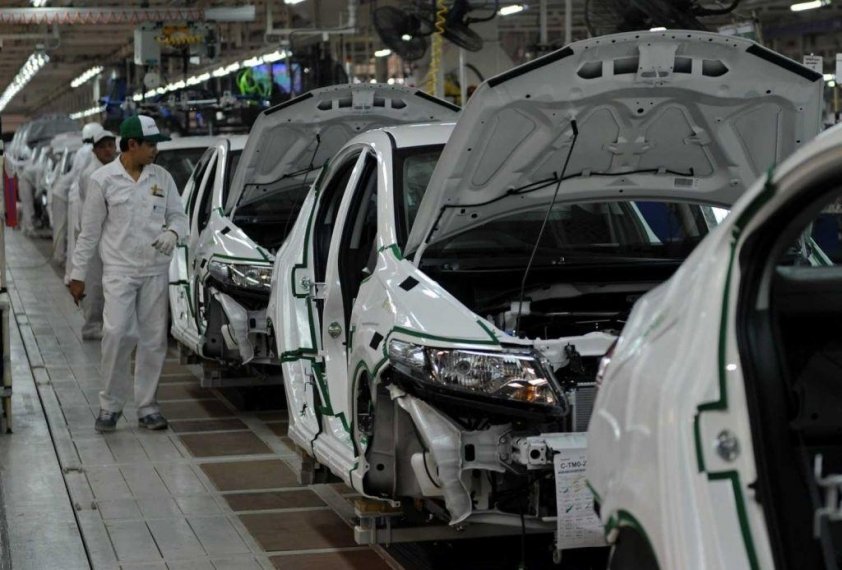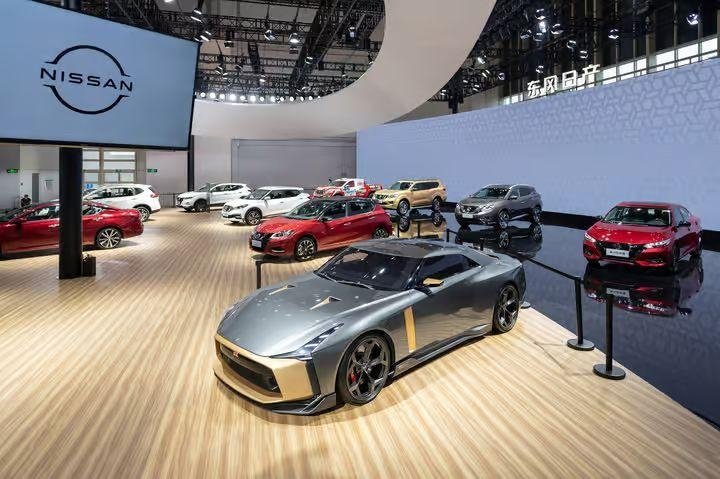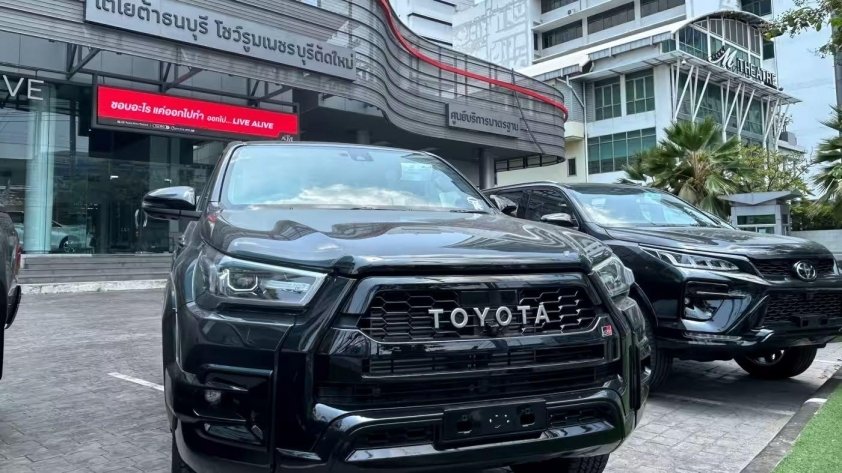This new plan will include promoting automobile production and sales in the Southeast Asian market.
According to Nikkei Asia, Japan and ASEAN intend to create the first joint strategy for automobile production and sales in Southeast Asia, as Chinese electric vehicles become increasingly popular here.
The two sides aim to develop an interim joint strategy until around 2035, when their economic ministers meet as early as September this year.
ASEAN is home to the factories of many Japanese automakers, including Toyota Motor and Honda Motor.
The joint strategy is expected to include cooperation in human resource training, carbon emission reduction in production, mineral resource procurement, investment in next generation sectors such as biofuels and information campaigns.
Regarding human resource training, Japan plans to use 140 billion yen (900 million USD) that the Ministry of Economy, Trade and Industry has secured in the budget to support Southeast Asian countries.

Honda’s automobile factory in Thailand.
Japanese technologies will be used to measure carbon dioxide emissions from the plant and promote a transition to renewable energy sources.
Regarding investment in next-generation areas, the two sides will consider joint procurement of rare materials used in electric vehicle batteries and continue research in areas such as battery recycling.
Japan and ASEAN will jointly promote these environmental protection efforts worldwide to promote automobile exports.
The two sides will also cooperate in forecasting the global auto market, including developing countries, to 2035.
Until now, each Japanese auto brand is conducting its own business in ASEAN.

Japan is positioning itself as a reliable partner with contributions in areas such as technology development and human resource training, thereby bringing benefits to ASEAN.
The growth of Chinese manufacturers poses increasing challenges to Japanese automakers.
`Demand for cars has generally decreased in Southeast Asia due to rising interest rates and other factors,` said an executive at an automaker.


